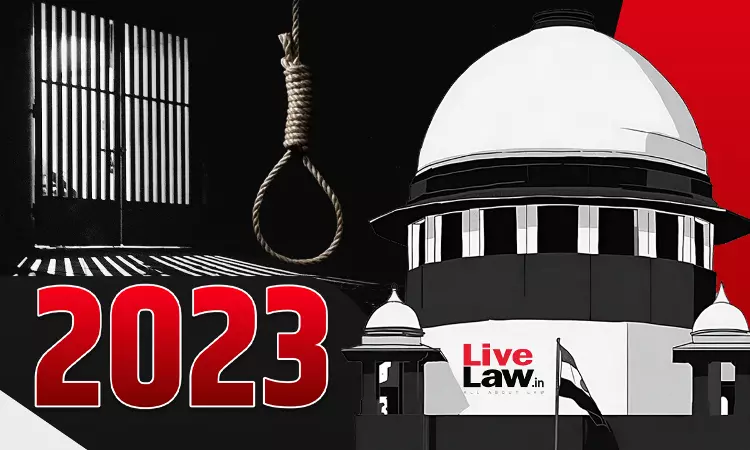- Home
- /
- Top Stories
- /
- Supreme Court Death Penalty Digest...
Supreme Court Death Penalty Digest 2023
Awstika Das
7 Jan 2024 9:50 AM IST
In 2022, the Supreme Court confirmed the death sentence in two cases. However, in 2023, no death penalties were affirmed by the Supreme Court, although it declined to commute the death sentence of Balwant Singh Rajoana, a Babbar Khalsa terrorist convicted in the 1995 assassination of Punjab's then-chief minister, Beant Singh, allowing the Centre to decide a mercy petition filed on his...
Next Story



